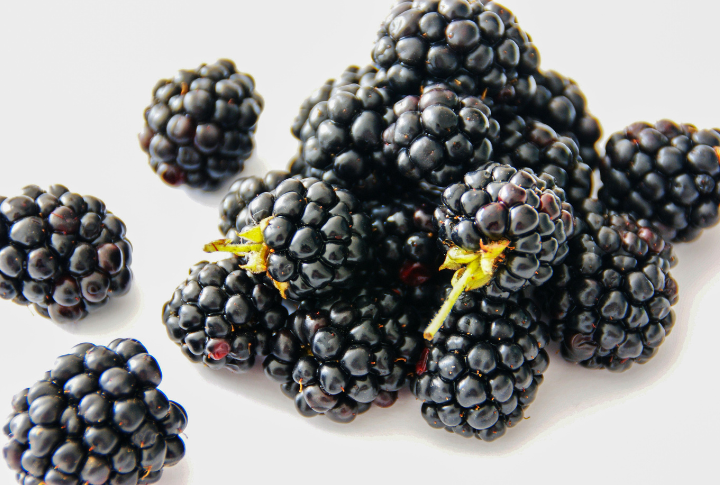
The search for protein doesn’t always lead to meat or nuts. Some fruits offer a surprising amount of this essential nutrient, along with unique health benefits. Rich in fiber, antioxidants, and vitamins, these ten fruits bring more than just flavor to your plate. Get ready to rethink your protein sources.
Jatoba Do Cerrado

Native to Brazil’s Cerrado region, Jatoba do Cerrado’s fruit pulp contains approximately 5.5% protein. Nearly 50% of its composition is high-fiber flour. It is also rich in calcium, magnesium, and antioxidants, which contributes to its traditional use in regional diets for digestive health and energy support.
Avocado

Creamy and loaded with nutrients, avocado supplies 3 grams of protein per cup. This fruit’s combination of healthy fats and protein makes it a satisfying choice. Also, studies indicate that regular avocado consumption supports brain health. This makes it a smart addition to meals beyond just trendy toast.
Jackfruit

Ancient civilizations cultivated jackfruit for its nutrient density and versatility. With about 3 grams of protein a cup, it is a fibrous and hearty choice. Often used as a meat alternative, it absorbs flavors exceptionally well and has been a staple in Southeast Asian cuisine for centuries.
Passion Fruit

This bright and flavorful food offers roughly 5 grams of protein per cup. Beyond protein, it is a significant source of polyphenols, which are linked to anti-inflammatory benefits. South American farmers have valued this fruit for generations and appreciate both its taste and nutritional properties.
Pomegranate Arils

Ancient civilizations treasured pomegranates for their medicinal properties. Their jewel-like seeds contain about 2 grams of protein per cup, along with potent antioxidants. Pomegranates may also improve cardiovascular health.
Blackberries

Medieval herbalists believed blackberries had medicinal properties, and today, science backs their health benefits. These berries provide 2 grams of protein per cup and contain anthocyanins, compounds associated with cognitive function. Their high fiber content adds another layer of nutritional value.
Mulberries

Not only are mulberries historically tied to silk production in China, but they also serve as a surprising source of protein, offering 2 grams per cup. Rich in iron and resveratrol—known for its heart-healthy properties—these naturally sweet berries make a great addition to cereals or snack mixes.
Raisins

Dried grapes transform into one of the most protein-dense fruit options, supplying about 5 grams per cup. Long a staple in Mediterranean diets, raisins also provide iron and potassium. Moreover, moderate raisin consumption also supports gut health and energy levels.
Kiwi

Originally called the “Chinese gooseberry,” kiwi contains 2 grams of protein per cup. What sets it apart is actinidin, an enzyme that promotes protein digestion. This fuzzy fruit is also a powerhouse of vitamin C, which makes it a valuable immune-supporting food.
Apricots

Apricots, once a luxury in ancient Rome, offer around 2 grams of protein per cup today. High in beta-carotene, which converts into vitamin A, these fruits help maintain healthy vision and skin. Their rich nutrient profile makes them a great option for supporting overall health.
Leave a comment